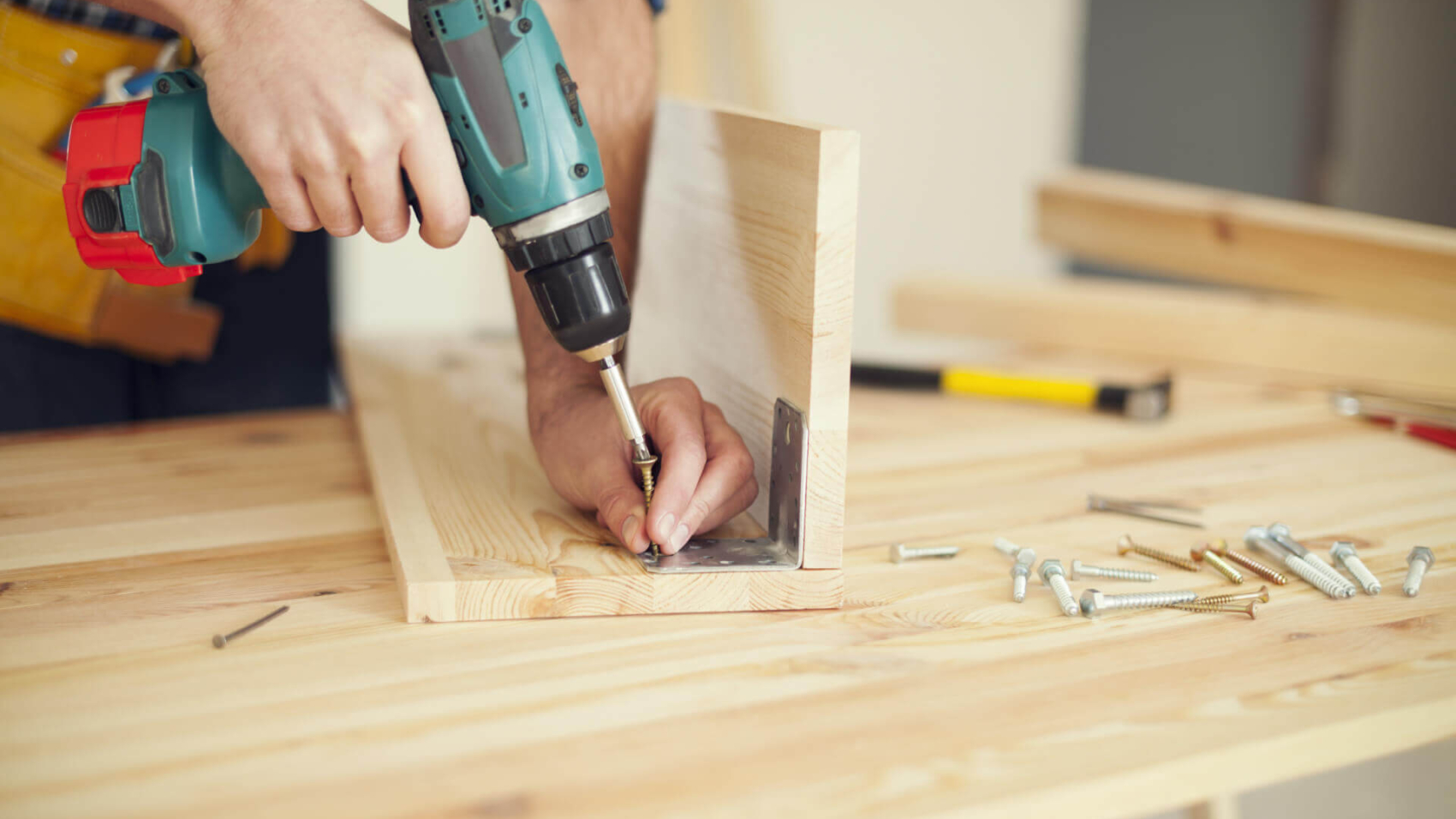Once you’ve admitted you have a problem, go to rehab, and get sober, you may be wondering what to do after drug rehab. It’s a bit like graduating from school and finding yourself not knowing what the next step should be. In rehab, you’ve likely learned that you need to change your life and your surroundings. But how does that work? We know how overwhelming it can seem to change everything. That’s why The Last House is here. We want to help you as you start to create your sober life.
What to Do After Drug Rehab
It is critical to realize that there is no magic action that will keep you sober after rehab. Instead, it is the collective results of many different steps. Much like rehab has various components, so does recovery and sobriety. It may take you some time to find the right mix of actions that work for you, and that’s not only okay, but it’s also expected. You are building a new life, and you will not have all of the answers. That said, there are some things that you can do that will help set you up for success while you are figuring it all out, including:
- Making choices that support physical and emotional well-being
- Having a stable and safe place to live
- Engaging in meaningful daily activities
- Building supportive relationships and social networks
One of the first things you can do after drug rehab is to find a sober living house. Early recovery can be challenging. A sober living house can provide you with structure and stability to support your recovery. At the same time, living in a sober house can also enable you to meet others in recovery and begin to form a support network. Many sober homes will host different activities to help you discover how to have fun in recovery. Many who have found themselves in active addiction have stopped participating in any activities except getting and using the drug of choice.
While it’s essential to learn how to have fun in recovery, it’s also important to begin to take on responsibilities again. A great place to start is by getting a job and learning how to support ourselves financially. Depending on the job, you might find a sense of purpose within the work and a sense of accomplishment. You will also begin to make friends at work and have a social support network that is not built around drugs and alcohol.
Balancing It All
You might be wondering how you’re going to stay sober with a life filled with work and fun. Where does recovery fit? Well, in addition to living at a sober house, you can also participate in recovery meetings. Most, if not all, twelve-step programs have in-person and online meetings that you can attend. There are also other recovery groups such as SMART Recovery, Refuge Recovery, and a wide variety of online communities that can support your sober life. And, the good news is that you don’t have to pick just one. You can experiment with attending different groups and different meetings within the same group until you find the ones that work best for you.
Reach Out to Us Today at the Last House
The Last House Sober Living is a network of sober living homes in the heart of West Los Angeles. We believe in providing our clients with the tools to have a meaningful life and participate in their own sobriety. Activities such as service commitments, sober parties, conventions, dances, and house outings are all a part of helping you learn how to have fun in sobriety. If you’re wondering where to start to create your sober life, The Last House is here to help!










